Walkability
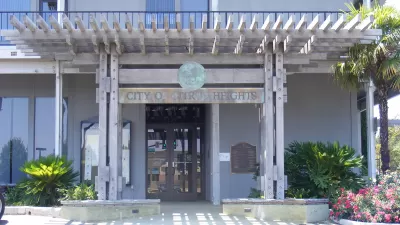
How Infrastructure Improvements Spur Economic Development
A formerly underutilized corridor in Citrus Heights, California is being transformed into a vibrant, walkable street—and stimulating economic growth in the process.
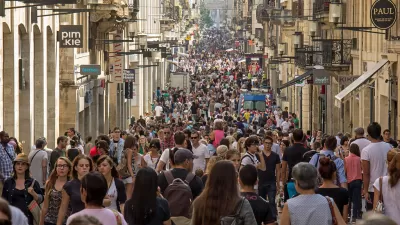
Where Words Fail: Teach Architects and Urban Designers Like Violinists
Architects and urban designers justify or explain their work with words, and municipalities govern design with jargon-filled regulations. The outcome is often underwhelming.

New Long-Term Plan for Vancouver Regional Transit Approved
A new 30-year transportation plan, focusing heavily on transit projects and active transportation linkages, was approved recently for the Vancouver, British Columbia region.
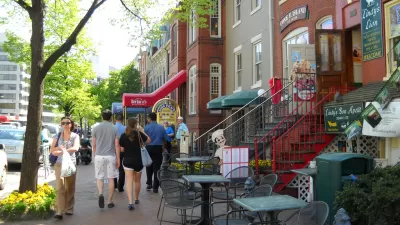
Urban Villages: The Key to Sustainable Community Economic Development
Compact, walkable urban villages support sustainable economic development by reducing transportation costs, leaving residents with more money to spend on local goods, and by creating more efficient and attractive commercial districts.
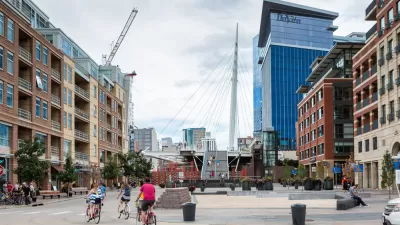
Local Resistance Hinders Transit-Oriented Development
As states move to boost housing production near transit, opposition from neighborhood groups frustrates efforts to build new developments.
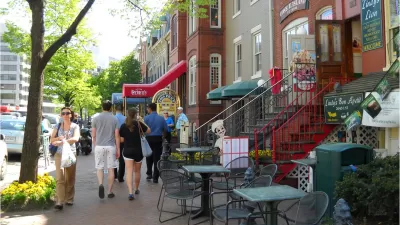
What Is Walkability?
Walkability refers to the ability to safely walk to services and amenities within a reasonable distance, usually defined as a walk of 30 minutes or less.
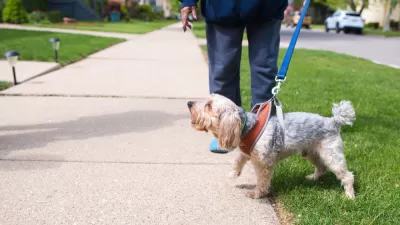
The Best Cities to Take Your Dog for a Walk
For the good doggos.
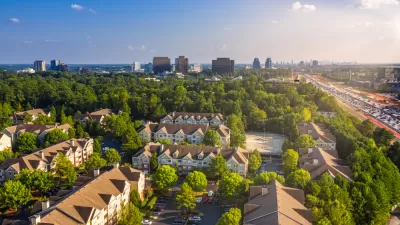
Report Links Housing Growth and Climate Resilience
Data from three U.S. metro areas show a failure to address land use and sprawl as a key factor driving climate change.
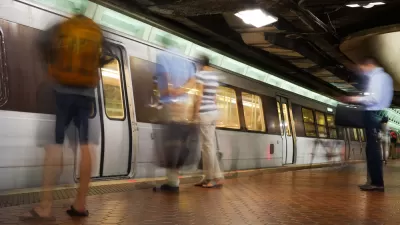
Study: D.C. Region Must Take Aggressive Steps To Reach Climate Goal
To achieve its stated emissions reduction goal, the Greater Washington area must sharply reduce driving and speed up the adoption of electric vehicles.
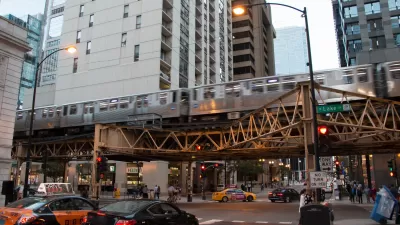
Recommendations for the Federal Transit Administration's Capital Investment Grant Program
The Capital Investment Grants program should focus on improving service on heavily-used lines, expanding access to jobs and amenities, and increasing multimodal accessibility.
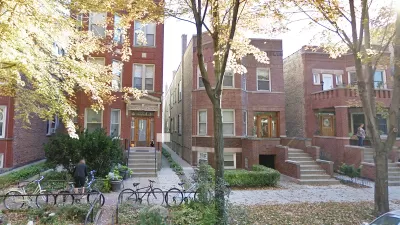
Research Shows '15-Minute City' Not Enough to Guarantee Equity
A study of Chicago neighborhoods showed that access to urban amenities does not necessarily correlate with improved economic outcomes.
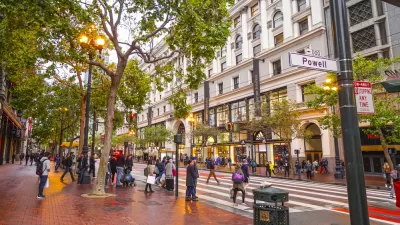
Ranking the Top 15-Minute Cities of the United States
The rankings in a recent report are about the potential of U.S. cities to become more like the 15-minute city model provided by Paris.
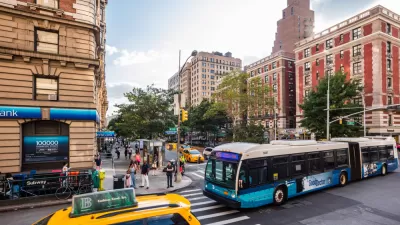
NYC Expats Struggle With Their Decision to Leave
Strong place attachment makes it difficult for New Yorkers to settle into their new homes, but many are finding ways to recreate their favorite parts of the city elsewhere.
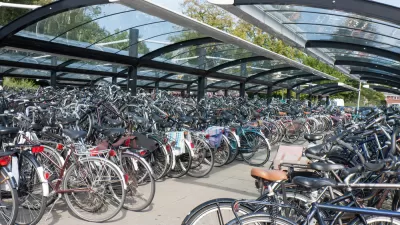
Busting Myths About Car-Light Cities
According to one Canadian couple living in Holland, walkable cities and good bike infrastructure aren't just a Dutch anomaly.
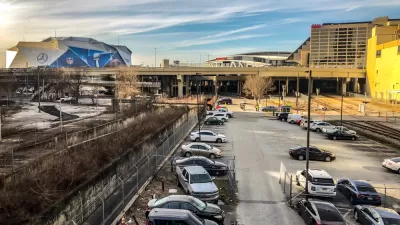
Latest Plans for Atlanta's 'The Gulch' Megaproject Focuses on the Public Realm
The latest round of plans and designs released for The Gulch by developer Centennial Yards Company plots increased walkability and urban design choices that respond to the existing built environment.
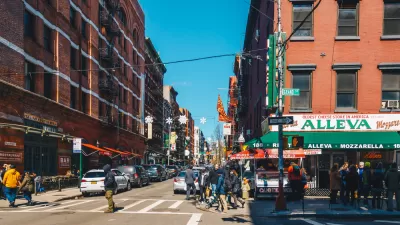
How the Built Environment Impacts Public Health
New research sheds light on how the brain responds to urban environments and architecture.
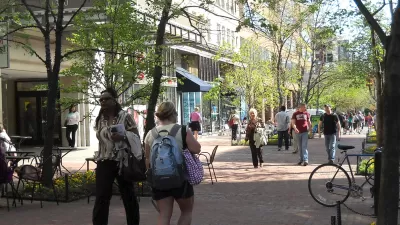
Cities Seeking '20-Minute Living'
Reducing car dependency can improve air quality, increase access to jobs and opportunities, and help cities meet emissions reduction goals.
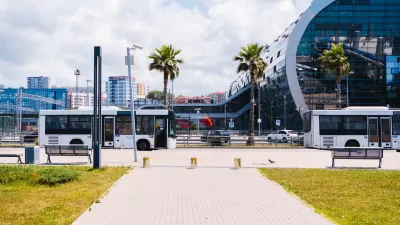
The Surprising Ways Cities Work to Clean the Environment
Municipal programs and urban design offer cities multiple, perhaps surprising ways, to clean the environment.
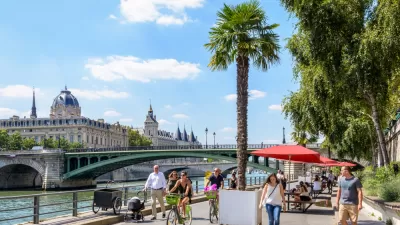
The Pitfalls of the 15-Minute City
The concept, touted as "hyper-local," can fail to take into account local conditions and historical inequities in American cities.
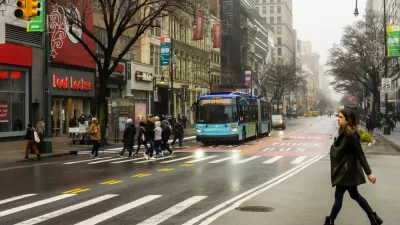
Survey Says New Yorker Want More Protected Bike and Bus Lanes, Less Parking
A new survey reveals broad support for a less car-centric approach to capital investment in the city of New York.
Pagination
Urban Design for Planners 1: Software Tools
This six-course series explores essential urban design concepts using open source software and equips planners with the tools they need to participate fully in the urban design process.
Planning for Universal Design
Learn the tools for implementing Universal Design in planning regulations.
Caltrans
Smith Gee Studio
Institute for Housing and Urban Development Studies (IHS)
City of Grandview
Harvard GSD Executive Education
Toledo-Lucas County Plan Commissions
Salt Lake City
NYU Wagner Graduate School of Public Service


































